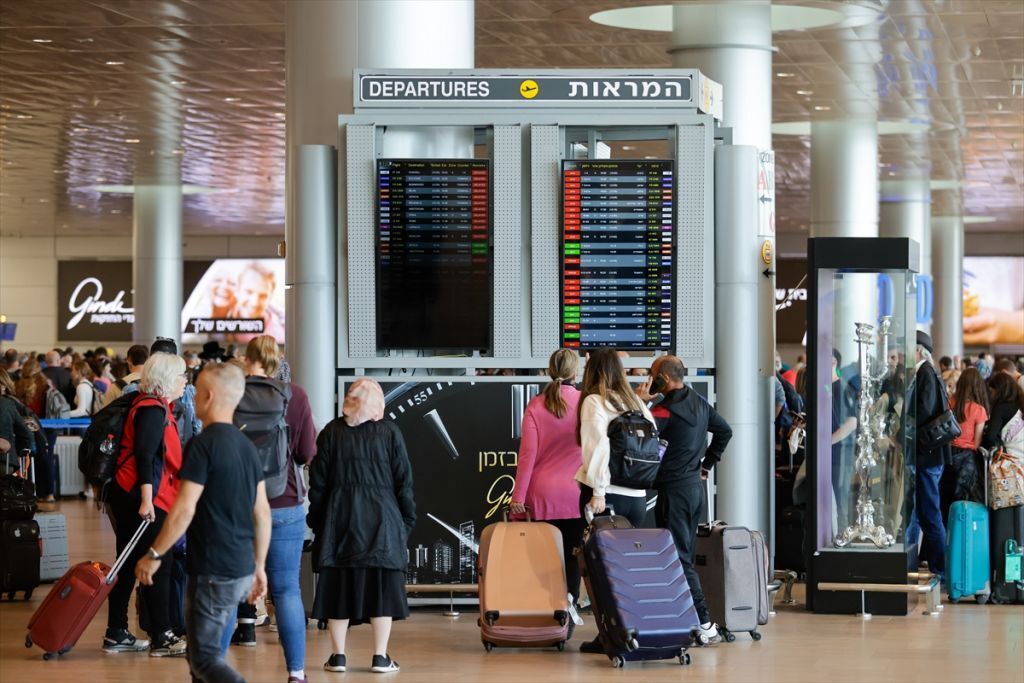Revised projections show a worsening impact of the coronavirus on the U.S. economy: a loss of 5.9 million jobs by the end of April due to declining travel, according to data released Tuesday by the U.S. Travel Association and Tourism Economics.
The figures indicate that the economic damage from the public health crisis is accelerating: a similar analysis released last week forecast 4.6 million jobs lost to travel declines before May.
“The coronavirus crisis is hitting the travel economy hard, and it’s also hitting fast,” said U.S. Travel Association President and CEO Roger Dow. “These new figures underscore the extreme urgency of financial relief for travel businesses—83% of which are small businesses—so they can keep paying their employees. Not only are workers suffering right now, but if employers are forced to close their doors, it is unknown when or if those jobs will ever come back.”
U.S. Travel is urging the inclusion of numerous relief measures for travel businesses in the “Phase III” coronavirus package being negotiated in Congress, including:
- Access to more significant small business loans, and ensure immediate access to retain employees and cover basic costs during the shutdown.
- A Workforce Stabilization Fund to help medium and larger travel businesses retain their workers and remain solvent.
- Tax relief to help mitigate economic losses.
Travel supports 15.8 million American jobs in total—employment for one out of every 10 Americans.
Other key findings in the latest analysis:
- The loss in travel-related jobs alone will more than double the U.S. unemployment rate from 3.5% to 7.1% by the end of April.
- The expected loss of $910 billion in travel-related economic output in 2020 would be seven times the impact of 9/11.
- The predicted slowdown in the travel sector alone will push the U.S. economy into a protracted recession.
“The health crisis deserves the government’s full attention, but the economic crisis will be worse and longer without aggressive action to confront it right now,” Dow said. “Businesses can’t keep their lights on if they don’t have any customers, and they don’t have any customers because of the actions that are necessary to stem the spread of coronavirus. The resulting closures will take the greatest toll on the frontline employees who can least afford to lose their jobs—wait staff, housekeepers, concession workers, etc.
“Robust intervention by the federal government is the only avenue to make sure those outcomes are minimized.”















